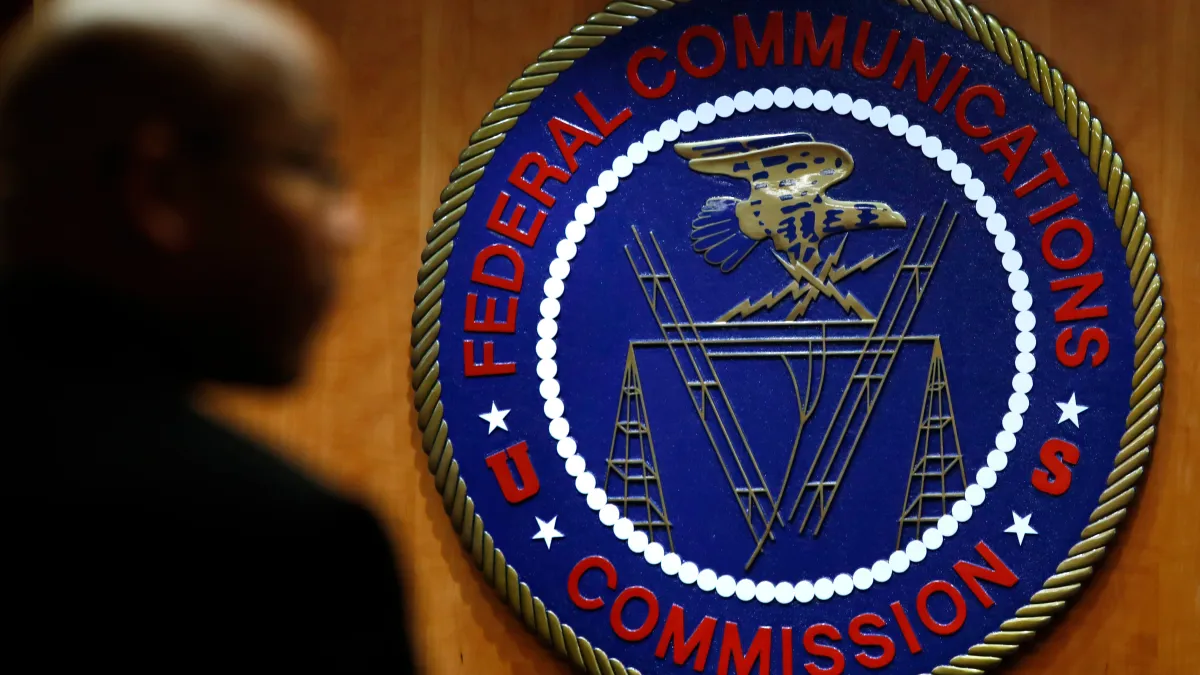The Federal Communications Commission (FCC) has taken decisive action against the proliferation of scam robocalls featuring artificial intelligence-generated voices, known as “deepfakes.” These deepfake calls have been identified as potential threats to election security and could exacerbate fraud.
In a unanimous vote, the FCC extended existing anti-robocall regulations to explicitly cover unsolicited AI-generated calls, categorizing them as “artificial” under the Telephone Consumer Protection Act (TCPA) of 1991.
This ruling grants state attorneys general enhanced legal authority to pursue individuals and entities behind illegal robocalls that utilize AI-generated voices to deceive Americans.
FCC Chairwoman Jessica Rosenworcel emphasized the need to address the nefarious activities associated with these robocalls, which have been used to extort vulnerable individuals, impersonate celebrities, and spread misinformation to voters.
The decision follows a recent incident where thousands of New Hampshire voters received fake robocalls impersonating President Joe Biden, urging them not to participate in the state’s primary.
Law enforcement officials have traced these fraudulent calls to a Texas man and two associated companies, indicating an ongoing investigation that could result in civil and criminal penalties.
Moving forward, any entity wishing to deploy robocalls must obtain explicit consent from the recipient before utilizing AI-generated voices. This regulation ensures that scam calls featuring cloned voices are subject to the same legal ramifications as traditional illegal robocalls, including substantial civil penalties.
While the FCC’s action represents progress in combating fraudulent robocalls, some lawmakers are advocating for further revisions to strengthen regulations. Proposed legislation seeks to double the maximum penalties under the TCPA for robocall violations involving AI technology.

Experts view the FCC’s decision as a significant step in addressing the growing threat posed by deepfake robocalls. While it may not entirely eliminate malicious activities, it provides the FCC with additional enforcement tools to swiftly respond to and deter entities facilitating such practices.
Additionally, persistent offenders could face disconnection from the US telephone network as part of broader efforts to combat illegal robocalls.





